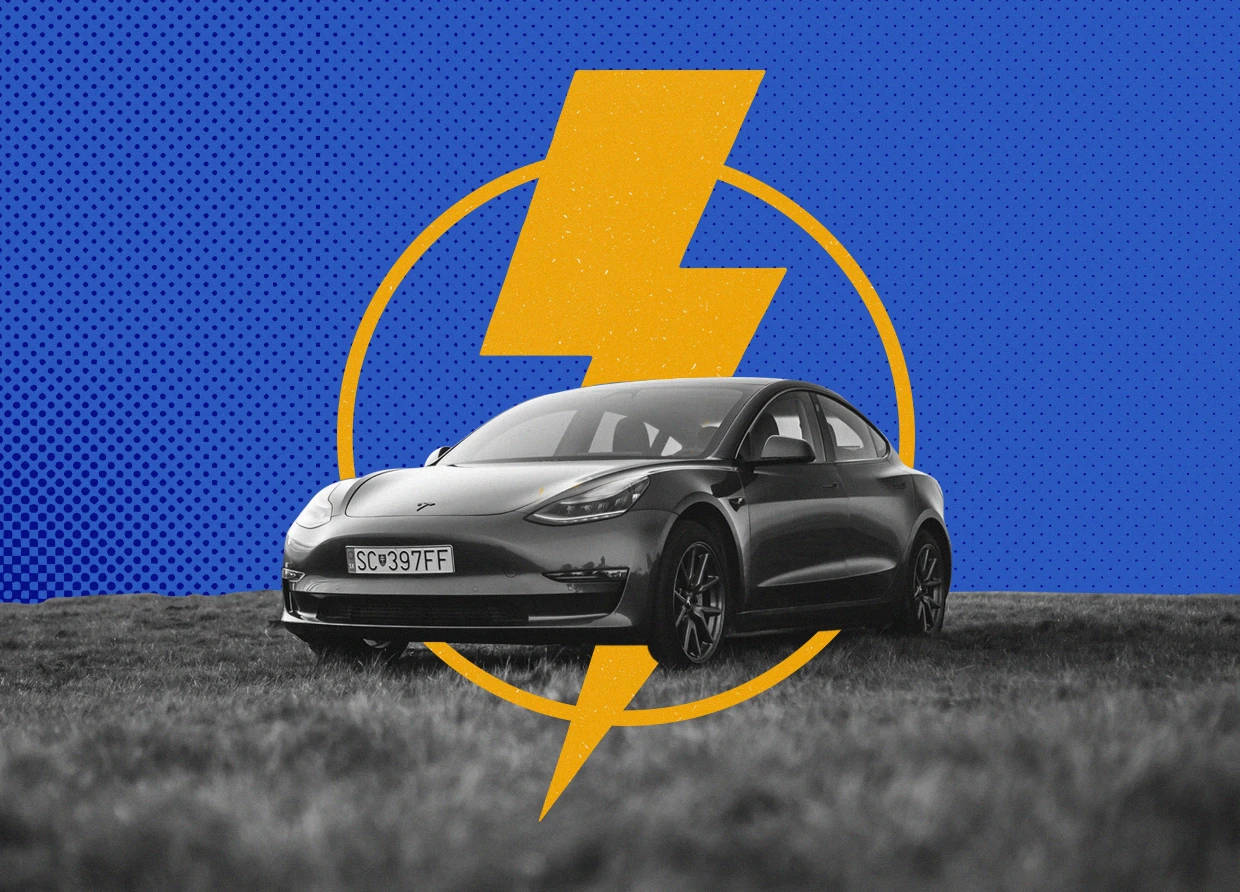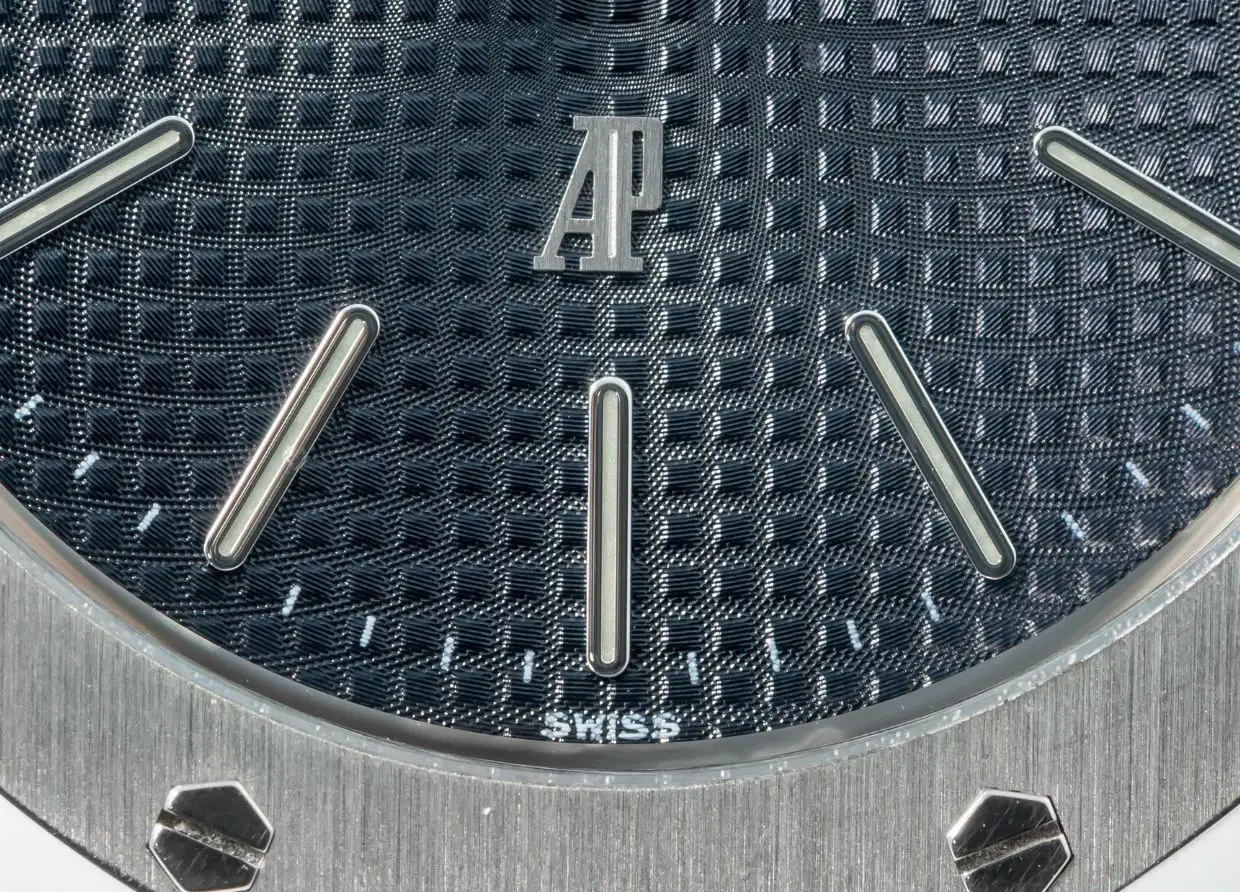THE FUTURE OF THE AUTOMOTIVE INDUSTRY: ELECTRIC VEHICLE
Various automotive brands are now competing to introduce environmentally friendly products.

If you look at the global automotive news lately, big manufacturers always introduce their future products with environmental jargon. Hybrid technology and electric motors are the main ones chosen by the world's automotive manufacturers.
Actually, this has been seen since a few years ago when the automotive industry was hit by soaring world oil prices. Significant steps have also been taken by governments of several countries in the world to reduce the rate of carbon emissions in order to protect their territories from pollution.
In 2020 the world automotive industry, in particular, experienced a decline of around 20% year-on-year, but the sales figure for electric and hybrid products actually increased to 137% compared to 2019. Premium car manufacturers even made a profit, thanks to the shift in consumers who chose electric vehicle (EV) products and hybrids.
For example, Porsche has just reported their sales results in the first quarter of 2021. The Taycan EV model managed to surpass the number of sales of conventional engine models such as the Boxter, Cayman, and Panamera. This EV model only loses to the Macan and Cayenne, which are currently popular in the global market.
View this post on Instagram
Seeing this potential, entering the second quarter of 2021, we have been flooded with news about new products and plans for luxury automotive manufacturers regarding electric vehicle products. Including changing their conventional engine models to these environmentally friendly technologies.
The theme of sustainability is currently the most discussed topic in the industrial world, including automotive. The famous player who started this sustainability fever was Tesla. The company owned by Elon Musk introduced almost a decade ago with the first model of an electric sedan, Model S. In 2015, Tesla introduced the Model X, an electric SUV until now known as a leading electric car player in the world.
The owner also always makes Tesla the center of attention with his brilliant ideas in the field of innovation, products, and the latest models. The last one is the phenomenal product Cybertruck which until now has pocketed orders of thousands of units. Elon, who sees the future of transportation in electric products, proves his point of view by controlling the current electric vehicle market.
The future of the automotive industry is also determined by pro-environmental regulations. Many factories currently have to meet emission regulatory obligations in producing countries such as Europe and China. These regulations are prepared with large enough fines to ensure automotive manufacturers comply with these regulations. This makes automotive companies willing to spend large research and development funds to be able to meet the regulations made.
View this post on Instagram
Several countries, such as Europe and Japan, have also targeted to stop selling vehicles with conventional engines starting in 2030. This decision clearly makes the conventional vehicle market begin to decline from year to year in the future.
Several manufacturers have also started a race to produce environmentally friendly cars. The Volkswagen Group, which houses super-luxury brands such as Porsche, Bugatti, and Bentley, has plans to spend 30 million euros or around $34 million in the next five years to make electric and hybrid cars. The German brand has even targeted 70 electric products in 2028, and by 2030 two of the five products sold are EVs.
Brands that have announced plans to dive into electric products include Bentley, Jaguar Land Rover, and supercar brands Ferrari and Aston Martin. Last month, Ferrari showed off their plug-in electric hybrid product, the 296 GTB. Aston Martin has shown a Valhalla concept car with the same technology. Mercedes-Benz has also introduced the EQC 400 4Matic, and Rolls-Royce will also begin the development of an electric vehicle that fits its consumer profile. Bugatti - Rimac, a new brand for electric vehicles, was born with the aim of introducing the advantages of high-speed EV models.
The presence of these big players shows the EV market is profitable in terms of technology. Each product is also developed with a different approach, unique to each brand, which allows consumers to choose which technology they think is best. The development of battery technology has also made the use of electric cars easier in terms of charging and further in terms of driving distance.
View this post on Instagram
Indonesia also does not want to be left behind in this EV industry competition. Since several years ago, the Indonesian government actively offered raw materials for the development of battery technology, a very crucial material for the EV industry, to global EV manufacturers. The Indonesian government also provides tax breaks for people who have electric vehicles at home, including discounts on electricity usage for the convenience of EV ownership.
These steps and technological advances, including shifting consumer preferences and the global push for environmental sustainability, leave the future of the EV market wide open. The technology can range from hybrid to fully electric and will do away with gasoline and diesel engines forever in the future.



























